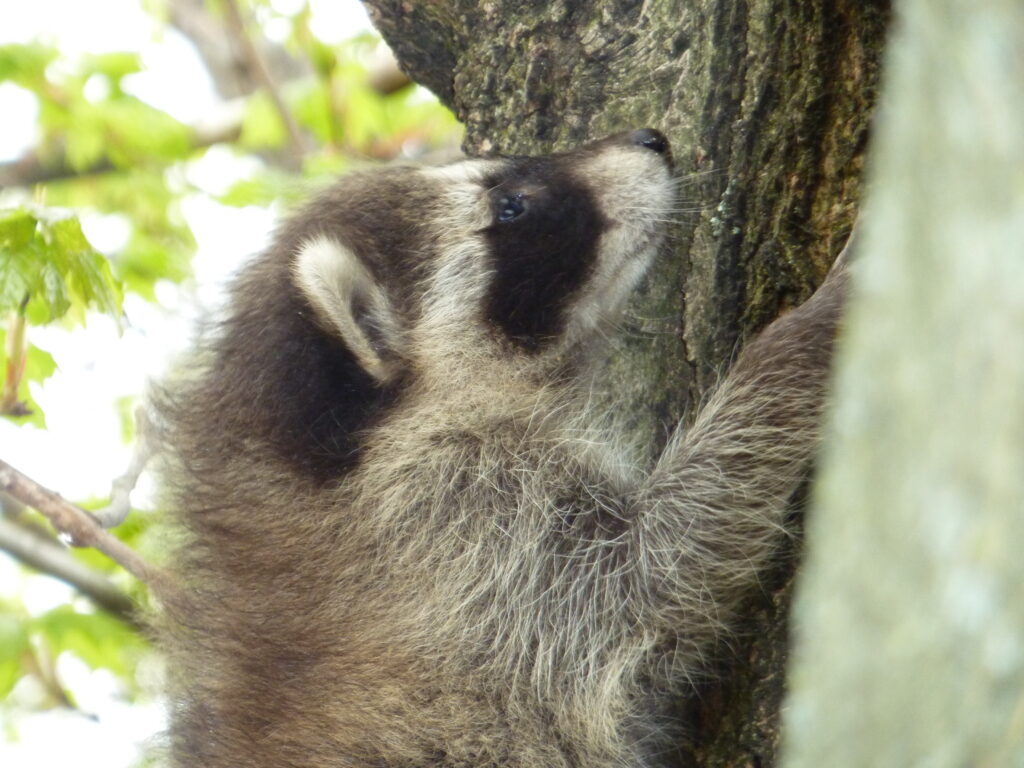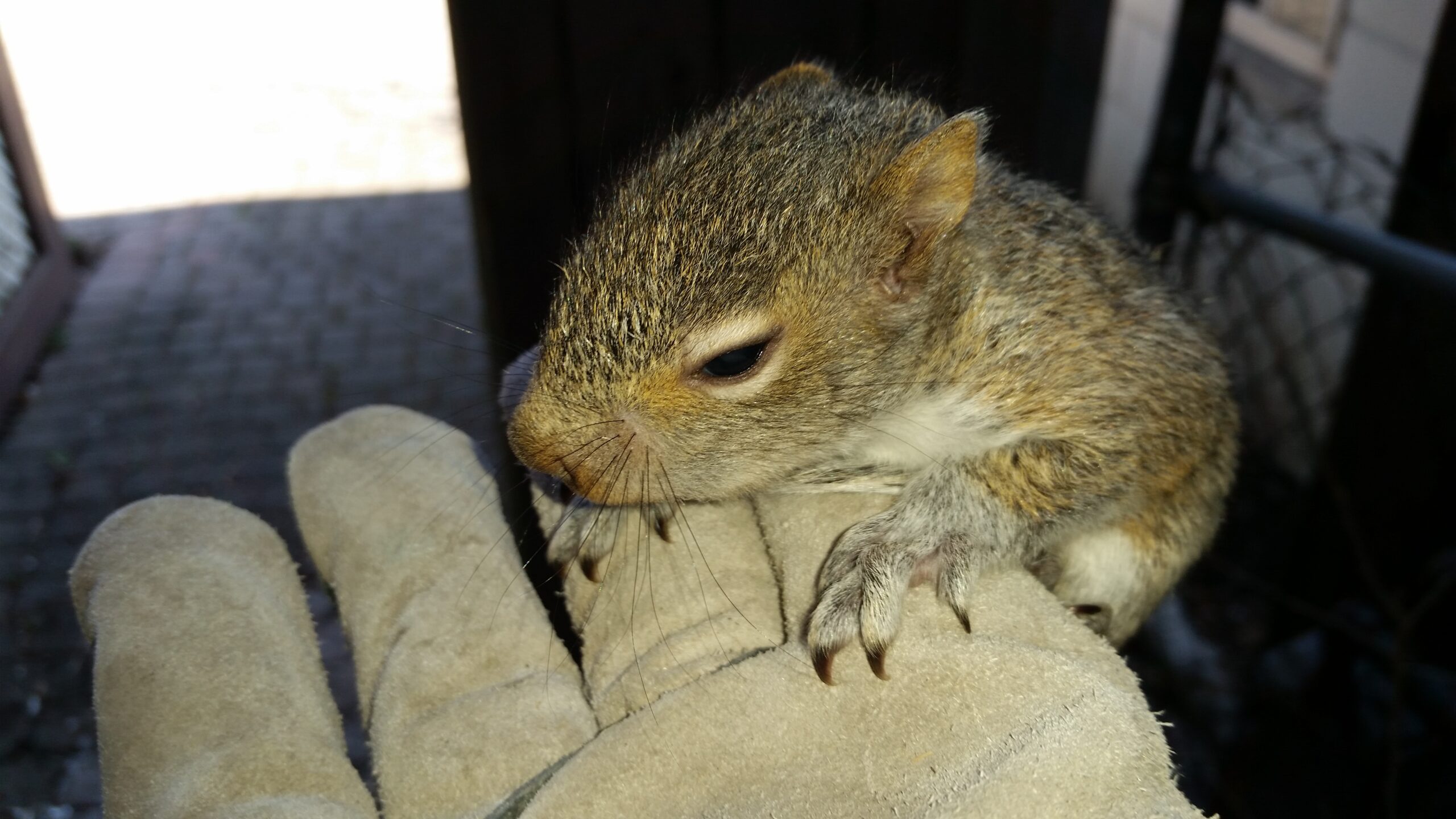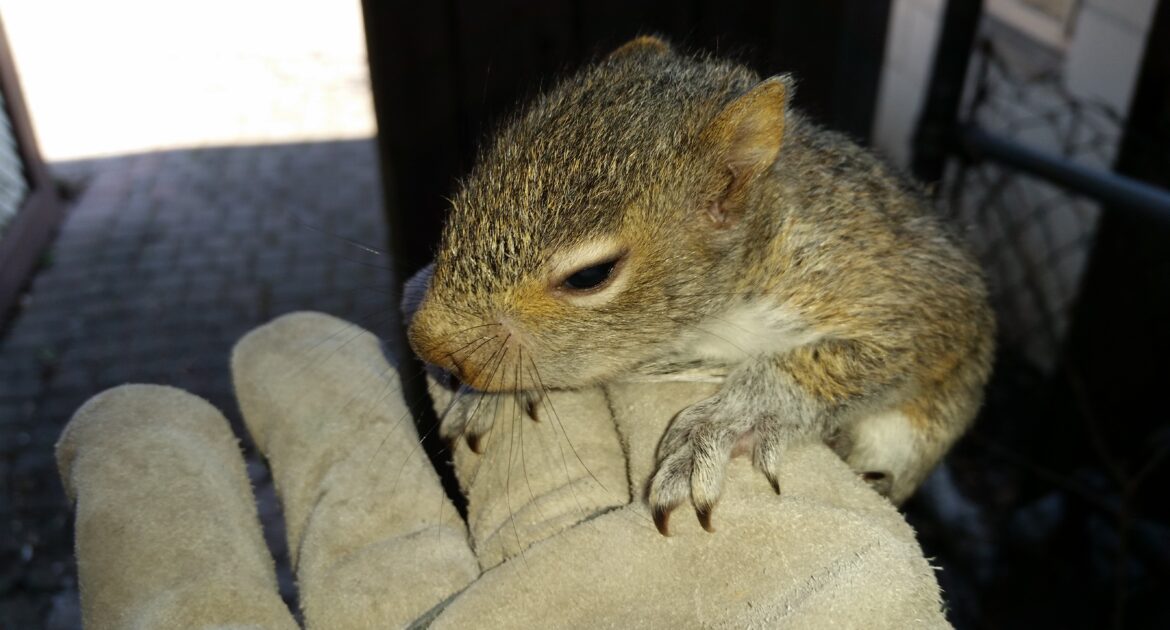Foxes, raccoons, and even skunks may be cute, but they don’t belong in your home. While it can sound like a fun adventure to take in a forest creature who seems to need your help, wild animals are often perfectly capable of surviving on their own, even under extremely adverse conditions. Further, if you aren’t a wildlife rehabilitation professional, you may be doing more harm than good by removing them from their surroundings. If an animal truly seems to need lifesaving assistance, you should notify ethical wildlife control services as soon as possible. Here’s why wild animals and private homes don’t mix.
Wild Animals Aren’t Domesticated
Dogs, our longtime best friends, have undergone thousands of years of careful selective breeding before winding up in human homes. As wolves and their pups lived in increasingly close proximity with early humans, humans bred the friendliest, most compatible animals with other friendly and compatible animals. Because this process took so long, the resulting pets were perfect companions in every way. Dogs feel a close companionship with people, learn easily not to bite, and do their business outside.
Because wild animals have not been through an extensive domestication process, they possess none of the traits that make dogs such ideal partners. In fact, a recent domestication experiment on foxes has found that even animals bred specifically for friendliness can still exhibit traits that are undesirable in pets. Wild animals generally don’t understand how to inhibit their bite force when dealing with humans, and this can result in painful wounds. Such animals also tend to exude an unpleasant odour, pee and poop inside, and actively avoid human contact.
Wild Animals Are Happier Outdoors
You may feel that you are doing some good by providing a wild creature with reliable food and water. By confining the creature, however, you are also restricting them from living in the conditions they evolved to be in. Outdoors, a wild animal can pursue prey, find a mate, birth offspring, and fulfill the powerful biological drives that all creatures possess. Indoors, these drives are frustrated, resulting in increased stress and even depression.

Wild Animals Can Transfer Disease
There is a wide range of diseases that can be transferred from common wild mammals to humans and pets, some of which can be life-threatening. If you have domestic cats and dogs at home, a vet has probably already determined through regular checkups that your pet is unlikely to have any of these ailments. Wild animals have not been through such screening, and an animal living outdoors may have picked up a pathogen or parasite without developing clear symptoms. In order to determine whether an animal is safe to be around, an extensive and often expensive veterinary exam is necessary.
Domesticating Wildlife Is Illegal In Most Of North America
Aside from the few exceptions, it is generally illegal to keep wildlife in captivity in many parts of North America. In Ontario, many native species are protected by these laws, and can only be removed from their environment for safety and research purposes by licensed professionals. That being said, you cannot simply take a wild animal out of their habitat without threatening their safety, your safety, or risk breaking the law in the process.
When you encounter an animal in the wild, it is best for both you and the animal if you simply leave it alone. If you find an injured or wounded animal on your property or if you have discovered a den or other habitation in your home that you were previously unaware of, contact us at Skedaddle Humane Wildlife Control. We can safely and humanely remove your visitors.





